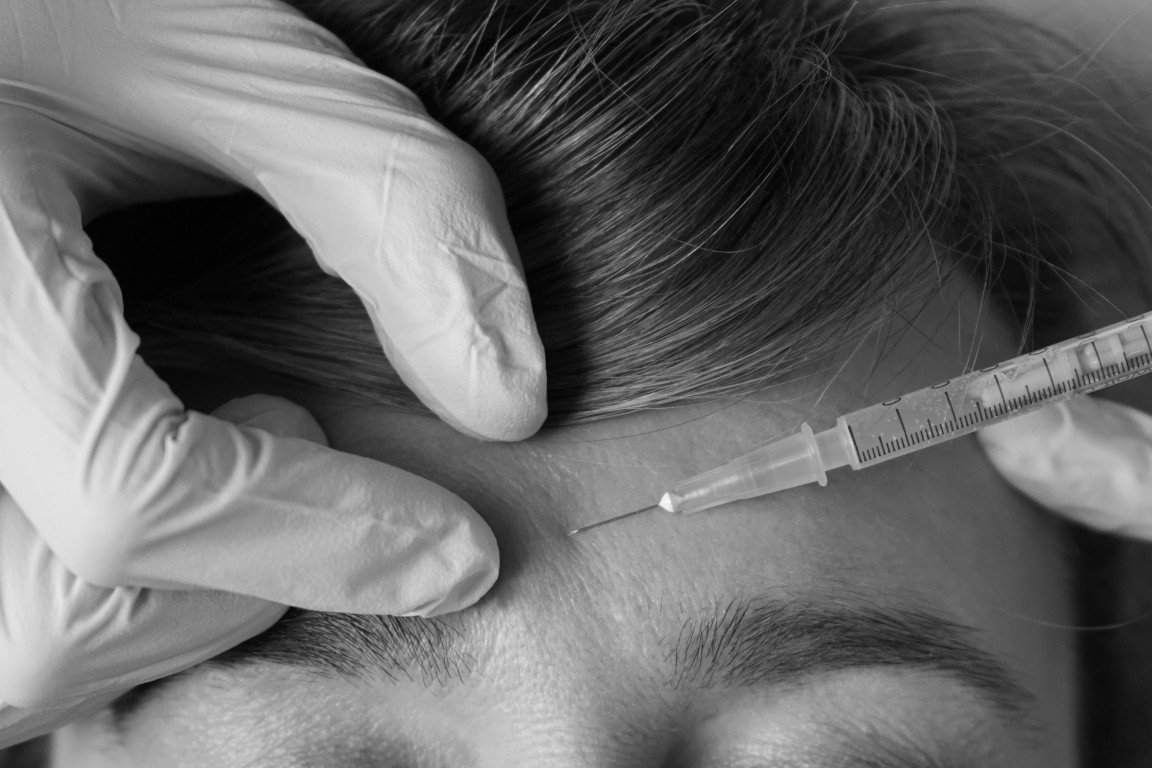
Will Scotland’s New Cosmetic Procedure Laws Effect CQC Registration for Aesthetics Clinics?
The Scottish Government has announced bold new regulations targeting the unregulated “cowboy” sector of Botox, dermal fillers, and cosmetic surgery. These proposals aim to close safety gaps that currently allow untrained individuals to perform potentially risky cosmetic procedures. While this legislation is focused on Scotland, the implications are clear for healthcare providers regulated by the Care Quality Commission (CQC) across England and the wider UK.
What Are the Key Changes in Scotland?
- Supervision Required: Botox and dermal fillers will now require supervision by qualified healthcare professionals.
- Qualified Practitioners Only: Higher-risk surgeries such as breast and buttock augmentations must be performed exclusively by qualified healthcare professionals.
- Minimum Age Introduced: A legal minimum age of 18 will apply to all cosmetic procedures.
- Risk-Based Licensing: Treatments are divided into three groups based on risk, with new licensing requirements for premises and practitioners regulated by Healthcare Improvement Scotland (HIS).
These changes address serious concerns about patient safety in a sector where, until now, many treatments were delivered without formal training or regulation.
Why Does This Matter for CQC-Registered Providers?
Though these changes are Scottish, CQC-registered providers in England cannot ignore the ripple effects:
- Regulatory Alignment: Scotland’s tiered, risk-based regulation model may influence future CQC policy and inspection focus on cosmetic procedures.
- Rising Public Expectations: Patients will increasingly demand assurance that providers meet professional and safety standards, reflecting the tightened rules in Scotland.
- Clinical Oversight: The emphasis on healthcare professional supervision reinforces CQC’s expectations around governance and clinical accountability.
- Proactive Compliance: Providers offering cosmetic treatments should review their governance frameworks and training to ensure full compliance with current and anticipated regulations.
What Should Providers Do Now?
- Conduct a thorough review of your cosmetic procedures’ clinical governance and supervision arrangements.
- Ensure all staff delivering or supervising treatments are appropriately qualified and trained.
- Stay informed on regulatory developments both in Scotland and England to anticipate changes that may affect your practice.
- Engage expert support to help navigate compliance, risk management, and quality improvement.
How HLTH Group Can Help
At HLTH Group, we specialise in guiding healthcare and cosmetic providers through complex regulatory environments. Our team includes former CQC and HIS inspectors and clinical governance experts who can support you in strengthening your compliance framework and safeguarding patient safety.
If your service offers Botox, fillers, or cosmetic surgery, contact us today to discuss how to prepare for evolving regulatory standards and protect your practice.

